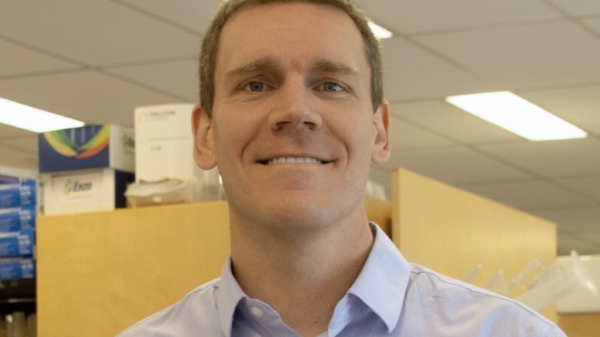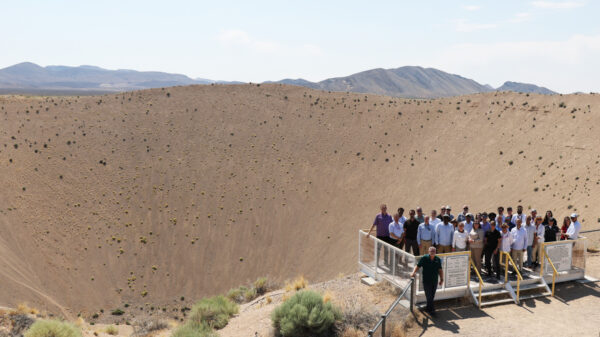Florida’s Governor Ron DeSantis signed a controversial bill Thursday permitting the use of radioactive mining waste in state road construction.
Pending approval from transportation and environmental authorities, House Bill 1191 would add phosphogypsum to the list of materials permitted for use in road development throughout Florida. The waste is a byproduct of phosphate mining for producing fertilizer that contains radium and uranium and is known to potentially cause cancer by emitting harmful radiation from radon gas.
The bill signed into law by DeSantis permits the state’s Department of Transportation to conduct demonstration projects with the material to determine whether its use is feasible and will ultimately require the department’s approval before it is more widely used. DeSantis has not publicly commented on the matter.
The state’s transportation agency has until April, 2024 to make a recommendation regarding the material’s use in the construction of state roadways. The bill also requires approval from the United States Environmental Protection Agency (EPA).
“The Legislature declares it to be in the public interest to find alternative ways to use certain recyclable materials that currently are part of the solid waste stream and that contribute to problems of declining space in landfills,” reads the bill.
Read more: NevGold discovers oxide gold from the surface at Nutmeg Mountain
Read more: NevGold forms B.C. subsidiary to focus on Ptarmigan
Governor’s decision is criticized by many viewing it as unsafe
The news follows a letter sent to DeSantis in May from 35 organizations in opposition to the bill urging him not to approve it. “Phosphogypsum is radioactive, releasing cancer-causing radon gas.” reads the letter.
According to the Center for Biological Diversity, Florida is home to most of the phosphate mining operations in the United States and has the majority of that industry’s phosphogypsum as well. The organization says phosphate mining poses a serious threat to the environment and that approximately 1 billion tons of phosphogypsum are stored in 25 large stacks throughout Florida.

Phosphogypsum waste stored in stacks. Photo via the U.S. Department of Agriculture
The bill was lobbied for by The Mosaic Company (NYSE: MOS), a Florida-based Fortune 500 phosphate and potash miner that manages the majority of those stacks.
“By signing off on this reckless handout to the fertilizer industry, Gov. DeSantis is paving the way to a toxic legacy generations of Floridians will have to grapple with,” said Elise Bennett, Florida and Caribbean Director at the Center for Biological Diversity in a statement to California media.
The EPA says radon gas, which is emitted from phosphogypsum, is the second leading cause of cancer aside from smoking and the “single greatest environmental source of radiation exposure.”
“We’re disappointed Gov. DeSantis put industry profits ahead of our environment and potentially the health of Floridians,” said the Executive Director of the Florida Springs Council, Ryan Smart. The organization previously campaigned to deter the governor from signing the bill.
Urge Governor DeSantis to VETO HB 1191 ‼️ This bill would approve using radioactive waste from the phosphate industry called “phosphogypsum” in roads.
Take action here: https://t.co/ktlrmsuQY6
— Florida Springs Council (@flsprngscouncil) June 27, 2023
A 2017 article from the Journal of Cleaner Production says 85 per cent of the waste ends up being discarded into oceans, lakes and rivers, thereby resulting in serious contamination.
rowan@mugglehead.com














